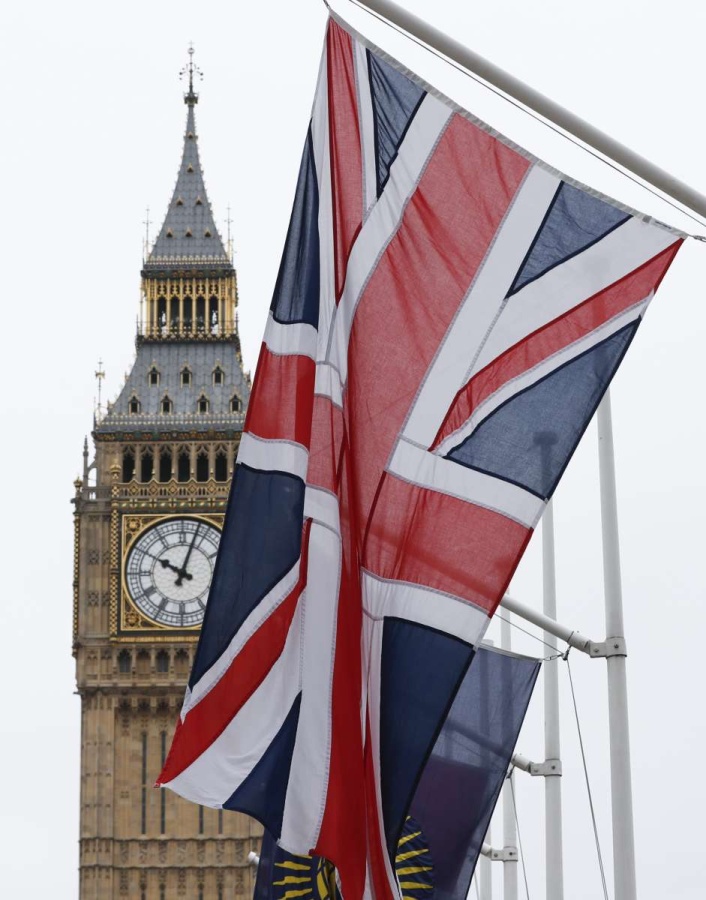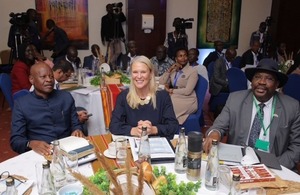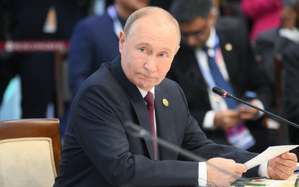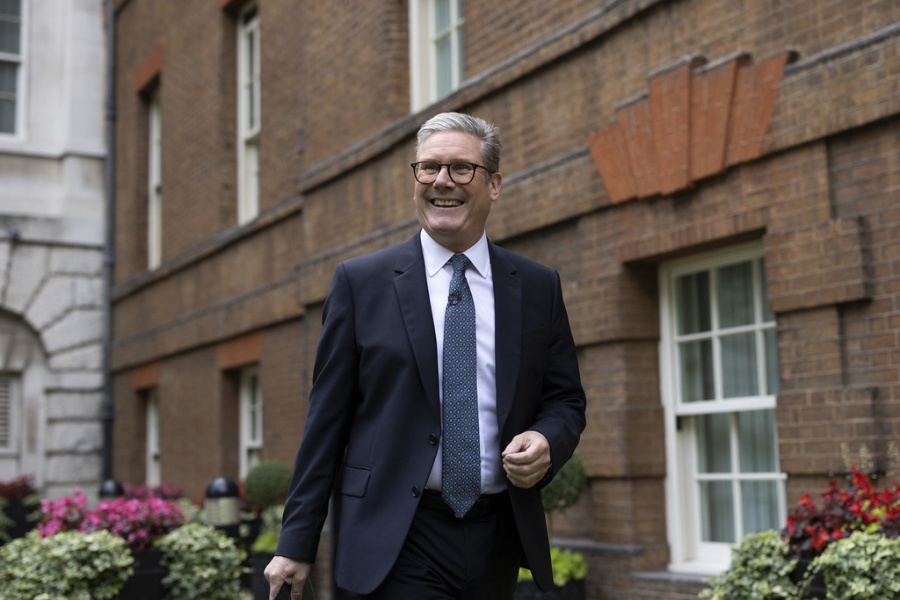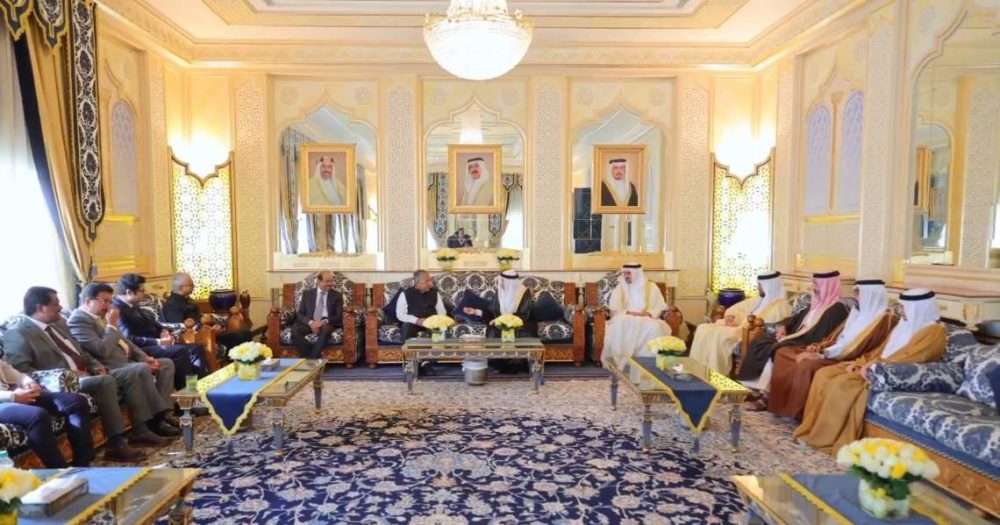Labour, which swept to power on a landslide in July, said the changes did not go far enough…reports Asian Lite News
Plans to scrap the non-dom tax regime could cost the UK government £1 billion a year and drive away wealthy global elites, a new study has found.
The system, which allows wealthy people to live in the UK and avoid paying tax on their overseas income, was overhauled by the previous Conservative government in March, requiring wealthy foreigners to pay tax on overseas income and gains after living in the UK for four years, instead of the current 15 years.
Labour, which swept to power on a landslide in July, said the changes did not go far enough. It plans to “close the non-dom tax loophole”, subjecting assets held overseas to British inheritance tax if a non-dom has lived in the UK for more than 10 years.
A survey by Oxford Economics found that 83 per cent of non-doms said they are likely to leave the UK due to the inheritance tax change. The study focused on 72 non-doms living in Britain and 42 specialist tax advisers representing more than 900 non-dom clients
Most people using the remittance tax breaks said they would not have come to the country if the new restrictions had been in place at the time. More than two thirds of advisers reported that new client numbers had halved since March.
Oxford Economics said the new rules for both foreign income and inheritance tax, which are due to start in April 2025, could result in a £900 million ($1.1 billion) a year fiscal loss for the exchequer as a “more burdensome” regime prompts a greater number of non-doms to leave the UK.
The country could lose a third of the non-dom population by 2029-2030, it said. Leslie Macleod Miller, chief executive of Foreign Investors for Britain, a private wealth lobby, held a closed door round-table on Wednesday attended by non-doms, wealth managers, other members of the business community, the Treasury and HM Revenue and Customs. He said the group is “sounding the alarm”.
“The overwhelming message was that many people would leave,” he told The National. “It’s a highly mobile population. Rather than fixing a foundation, it will undermine a foundation that has taken 100 years to build, in 100 days.” Non-doms are willing to pay more, but the system should be “fair”, he said – not force them to pay inheritance tax on assets abroad, where the tax often does not exist.
The number of non-doms dropped by almost half in the decade to 2022, partly the result of a 2017 change to the rules that stopped individuals using the benefit permanently. Still, those retaining the status pay almost £9 billion ($11.8 billion) in British taxes a year, according to the latest official data.
In the best-case scenario, Oxford Economics estimated Britain’s non-dom population would be 7 per cent lower in 2029-2030 than it would have been without policy changes.
That could raise £1.3 billion in tax revenue in 2025-2026, with that number falling to £1.1 billion by 2029-2030.
Foreign Investors for Britain (FIB) has come up with a set of policy recommendations for the government, including an Italy or Greek-style tiered-tax regime which sees non-doms paying fixed annual fees. This would complement the proposed four-year foreign income and gains regime, it said.
The tiered tax regime should be available for at least 15 years to “maximise its attractiveness and effectiveness” said FIB.
FIB proposes that the tiered tax regime should be scaled based on an individual’s net wealth, with different brackets and corresponding annual fees. The highest bracket, for example, could have an annual fee of up to £1 million, it said.
The FIB is also calling for the government to include an inheritance tax break for the duration of the regime, covering both personal assets and those held in trusts.
ALSO READ: Up to 50 Labour MPs could rebel over cut to winter fuel allowance


